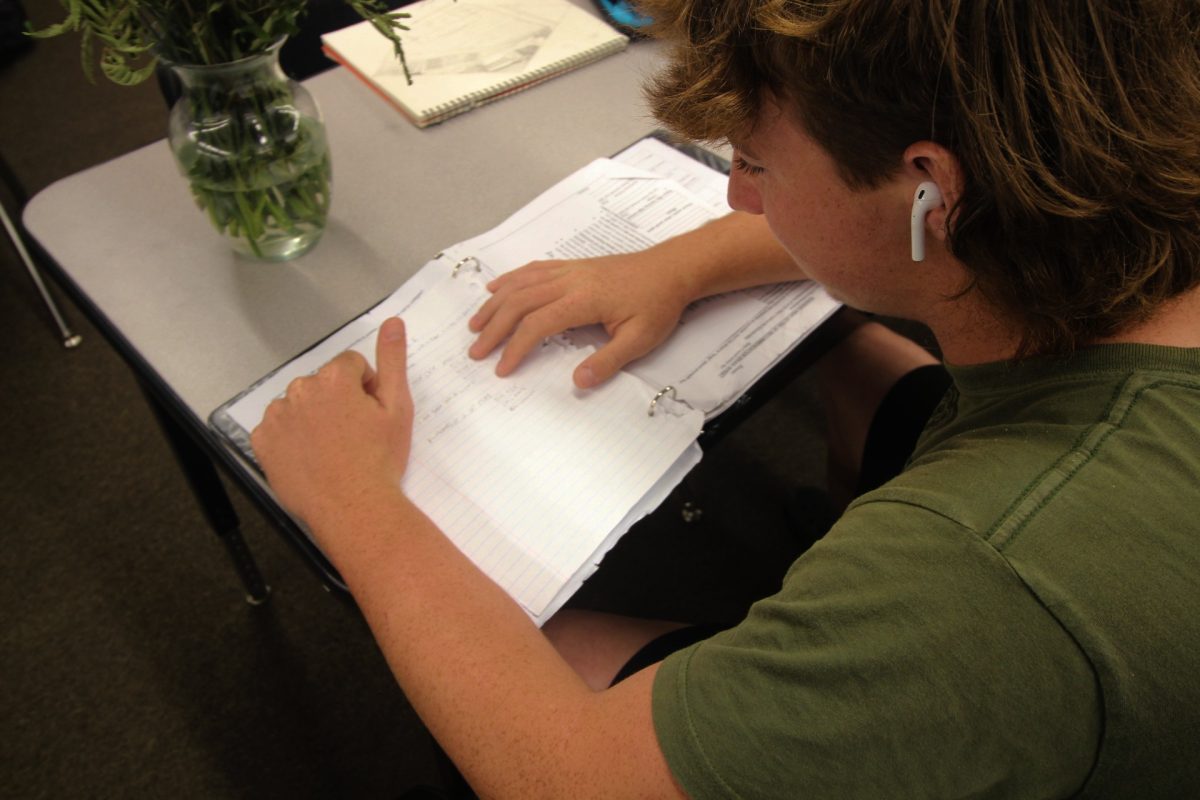What do you do when you have an upcoming exam? Perhaps, most people would stress, but a sure way to excel on your exam is to study! Although not many people may like to do this, there are many ways to make studying easier and perhaps helpful to get that A on your next exam.
Tip 1:
Always review your mistakes before moving on. Access scholarships states, “by giving yourself a solid base knowledge for what you’re learning, you will be in a better position to learn the more complicated and advanced material that comes later…” Most school curricula will require students to finish a lesson, or unit, without providing any time to review subjects that remain unclear. It will thus be helpful for students to study the subjects they have difficulty understanding, before proceeding to another subject.
Tip 2:
Like most, when it comes to studying, students will procrastinate under the belief they have time to do it later. A site called My Degree Guide states, “you have to be intentional about planning set study sessions.” Setting aside time to study will both guarantee enough time to study and that students get it done with enough time to stay in a calm state of mind, not stressed because they didn’t manage to make time to study. Setting a schedule also benefits students in organization and time management, which allows for more frequent study sessions. More frequent study sessions will help students master concepts at their own pace.
Tip 3:
My Degree Guide suggests that students don’t overwork themselves as, “studies show that too much time with your nose in books can elevate your stress level, which can have a negative effect on your school performance and your personal relationships.” This in itself will be counter productive to studies and may even have a negative effect on students’ exam results. Furthermore, My Degree Guide mentioned that taking time to exercise before your studies will help generate brain cells that help students learn faster. Exercise also wakes students up and keeps them focused during their studies.
Tip 4:
Breaking down the information students want to remember instead of trying to remember everything at once is an excellent strategy to study. “It’s easier to get these three chunks to stick in your mind than it is to remember the whole thing as a single string of information,” states My Degree Guide. Doing so, students have a better chance of memorizing the subjects and it can be easier to study by learning a different chunk of information after a break.
Tip 5:
Mr. Bernard, the anatomy and sports medicine teacher at Hughson High School, proposes to students, “review what you’ve learned while it’s fresh in your mind. If you study your notes for only 5-10 minutes per night, it’s way more effective than trying to cram for an hour the night before a test.” It is likely difficult to make time for a long study session before a big exam, so instead students should prioritize a few minutes every day to study the concepts they have learned and prepare themselves for their next exam, or even following class.
So, the next time you realize you have an upcoming exam, don´t stress. These tips will hopefully help and guide you to getting that A in your exam.








